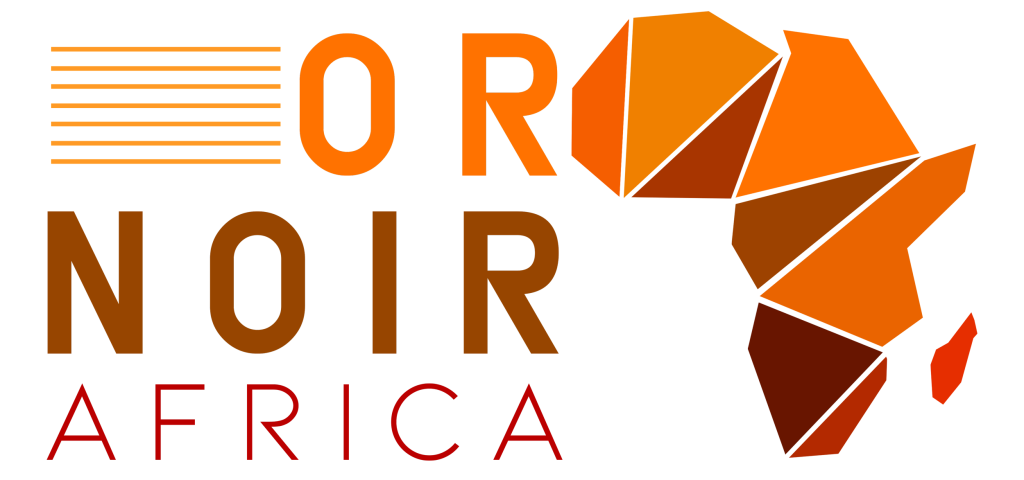Senegal has "invested 1,000 billion" CFA francs in the exploration and exploitation of hydrocarbons, and hopes to reap benefits of around 10,000 billion CFA francs, according to Aymerou Gningue, Chairman of the Board of Directors of Petrosen Holding.
"Senegal has already invested 1,000 billion and expects 10,000 billion in spin-offs," said Mr Gningue on Saturday, on the sidelines of a panel discussion entitled "Hydrocarbons in Senegal: what impact for the population?
Although "no gas or oil resources are yet available", "the expected spin-offs will inevitably benefit the people of Saint-Louis and Senegal in general", he reassured.
And contrary to a popular misconception, he says, "fishermen could benefit from this and even see their activities evolve from handicrafts to industrialisation". According to him, they "could modernise their activities and go out to sea to carry them out and move towards processing fish products".
The agricultural sector could also benefit from the use of fertilisers, the production of which will be boosted by gas exploitation.
He recalled that gas is a "transitional energy", pointing out that Senegal has made major discoveries which, if used wisely, will benefit its entire economy.
Aymérou Gningue points out that "Senegal has passed a law in the National Assembly to guarantee equitable distribution of the resources from these hydrocarbons".
"Oil resources belong to the people of Senegal, and the resources derived from oil and gas production will be fully traceable," he said. He went so far as to say that there is no country in the world with such traceability in the management of hydrocarbons. In addition to the "total traceability" to which they will be subject, these resources will also be "intended for future generations".


